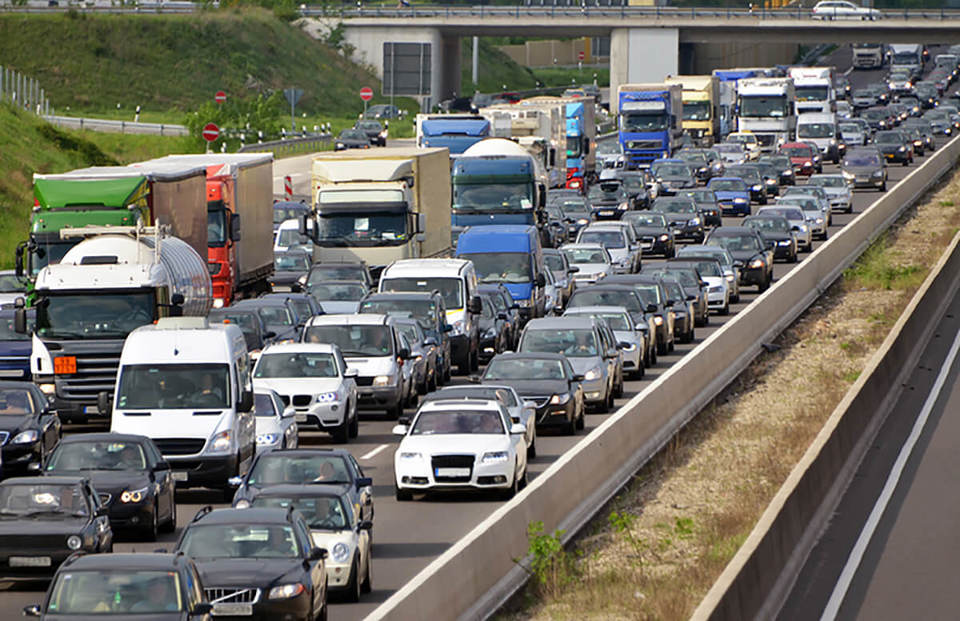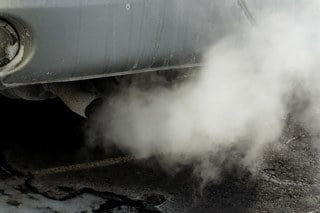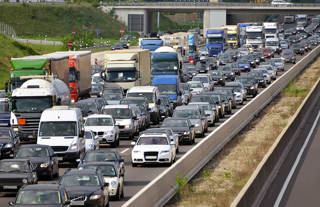Leeds City Council has said that feedback from fleets at a roundtable hosted by the local authority will play an important role in shaping its clean air zone (CAZ).
Fleet decision-makers representing the users of millions of cars, vans and trucks came together yesterday (Thursday, January 26) to discuss the city’s proposed CAZ at a roundtable event.
The meeting was organised by British Vehicle Rental and Leasing Association (BVRLA), Energy Saving Trust and Fleet News, with fleet representative body ACFO and a number of national and regional fleet operators also in attendance.
It is the first of a number of roundtable events organised in cities across the UK that are planning CAZs to tackle poor air quality.
Councillor Lucinda Yeadon, Leeds City Council executive board member with responsibility for environment and sustainability, said that the council was keen to listen to the ideas and views on the proposed CAZ.
She said: “As part of our consultation process we want to ensure we are giving a voice and also listening to the views of everyone affected by this decision.”
Local authorities identified as having severe air quality issues are required to submit plans for their CAZs to Government by March this year. The Government has set out criteria around which types of vehicles can be charged to access the CAZ.
Leeds City Council has opted to design a CAZ that will charge lorries and taxis for access, unless they meet the higher Euro VI emission standards.
Gerry Keaney, chief executive of the BVRLA, said: “Leeds Clean Air Zone will be a major development in the history and development of the local area. It will affect hundreds of thousands of people not just in Leeds but across the region, together with tens of thousands of businesses.
“It’s vital that the development of the CAZ is based on wide consultation to maximise its effectiveness and not have an adverse impact on the wider economy and people’s quality of life”.
To coincide with the Leeds event, the BVRLA has published a new factsheet outlining its proposals for a fleet-friendly air quality policy.
As well as highlighting the clean air credentials of the vehicle rental, leasing and car club sectors, the document also urges policymakers to focus on three priorities when considering air quality measures:
- Providing a managed transition for businesses and individuals, attention should be given to those that cannot afford to upgrade their vehicles.
- Ensuring that CAZs are a catalyst for behaviour change, local residents and businesses should be encouraged and incentivised to consider more sustainable vehicles or modes of transport.
- More incentives for low emission vehicles, policymakers can do more to stimulate the first and second-hand market for low emission vehicles, particularly electric ones.
“We hope that this forum will be the first of many proactive and ongoing discussions between policymakers and fleet operators around the vital issue of air quality,” said Keaney.
“It is vital that Clean Air Zones and other air quality measures are not just seen as a punitive stealth tax or piece of red tape. We all want to see fewer, cleaner vehicles used in cities, and the best chance of delivering this new vision of urban mobility will come from working together.”
Andrew Benfield, group director of transport at the Energy Saving Trust, concluded: “Clean air is important to everyone and the Energy Saving Trust is pleased to be supporting Leeds City Council with initiatives to reduce emissions that cause poor air quality.
“Although most leased and rental vehicles are the most modern and clean, it’s important to be challenging and supportive of fleet operators through their vehicle choice process.
“Energy Saving Trust works with fleet operators to find the cleanest vehicles available to support the campaign to improve the air quality in towns and cities such as Leeds."
See the next edition of Fleet News for more on the Leeds roundtable and fleet views on tackling air quality concerns.























Login to comment
Comments
No comments have been made yet.